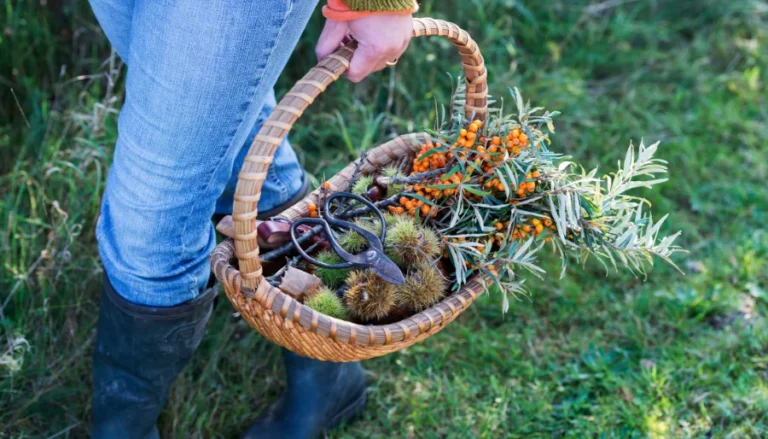In the world of agriculture, specialty vegetables have emerged as a niche market with tremendous potential. These unique and often heirloom varieties offer exceptional flavors, vibrant colors, and culinary versatility.
In this article, we will delve into the realm of farming specialty vegetables, exploring the best niche vegetables to grow, the overall cost and price estimates, how to get started, and best practices for selling and marketing your boutique specialty vegetables.
Before we dive into the world of specialty niche vegetables, let’s examine a farm that’s already growing, marketing and selling their own specialty vegetable after successfully carving a niche for themselves:
The Story of Homesweet Homegrown
Pioneers of Farm-to-Bottle Hot Sauce and Organic Specialty Chili Pepper Farming
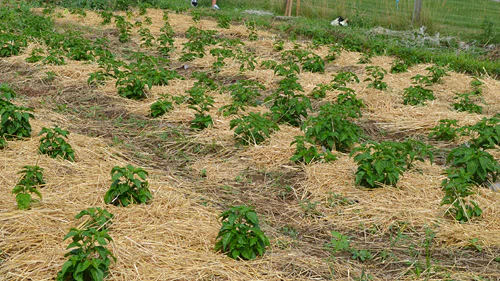
Meet Robyn Jasko and her husband Paul David, the dynamic duo behind Homesweet Homegrown. What started as a humble endeavor has blossomed into a national farm-to-bottle hot sauce company and one of the first Certified Organic chili pepper farms in the country. Established in 2013, their journey has been filled with groundbreaking achievements and a commitment to sustainable practices.
As true food innovators, Homesweet Homegrown has consistently been at the forefront of their industry. They proudly hold a record as the highest-selling hot sauce project in Kickstarter history, catapulting their brand to new heights. Not content with the status quo, they introduced chia seeds as a natural alternative to xanthan gum, revolutionizing the hot sauce scene. In addition, they launched DOSE, the first microdose hot sauce, catering to those who crave just the right amount of heat.
In 2016, Homesweet Homegrown once again broke new ground by pioneering the world’s first Chili pepper CSA. This innovative concept allowed them to ship fresh, organic peppers directly to customers across the nation, ensuring that the exceptional flavors of their harvest were enjoyed far and wide. Their commitment to sustainability extends beyond their products, as evidenced by their use of 100% recycled paper and printing in North America for their line of modern homesteading books under the Homesweet Homegrown imprint.
Community lies at the heart of Homesweet Homegrown. They actively engage with their local community, having initiated the community garden in their town. When it comes to hiring, they prioritize community members, providing them with a fun side hustle opportunity. Their fair per bushel wage system ensures that pickers can earn up to $20-$30 an hour, rewarding their hard work. The farm becomes a gathering place, attracting artists, musicians, veterans, parents, and families who enjoy the lively conversations and camaraderie that blossoms during the picking process.
To foster a positive and vibrant work environment, Homesweet Homegrown organizes weekly staff lunches and hosts a delightful end-of-harvest celebration at a local winery. They understand that happier pickers result in happier peppers, infusing their produce with an extra touch of joy and care.
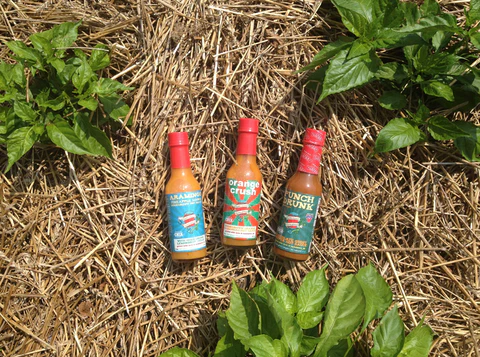
Homesweet Homegrown’s hot sauce offerings are not your average condiments. They feature a range of unique flavors crafted from homegrown organic hot peppers and enhanced with superfood ingredients like chia seeds and raw cacao. Their commitment to organic farming practices ensures that each bottle is free from additives, colors, GMOs, pesticides, and preservatives. With their farm located in Kutztown, PA, they have become a trusted source of rare peppers, supplying renowned chefs, hot sauce makers, and customers at their farm stands in Union Square, New York City, and Brooklyn.
The story of Homesweet Homegrown is a testament to the power of passion, innovation, and community. Robyn Jasko and Paul David have not only created exceptional hot sauce and organic chili peppers but have also fostered a vibrant agricultural ecosystem rooted in sustainability and a genuine connection with their customers. This couple researched and developed their niche, becoming experts on the chili pepper, and launched their own boutique branding around their specialty farm.
Choosing the Best Niche Vegetables
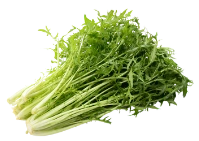
Mizuna

Frisée
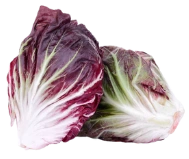
Radicchio
Artisanal Salad Greens: Varieties like mizuna, frisée, and radicchio are highly sought after by gourmet restaurants and discerning consumers due to their distinctive flavors, textures, and visual appeal.

Aji Amarillo
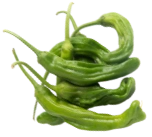
Shishito
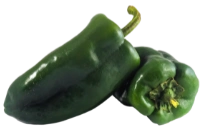
Poblano
Exotic Peppers: Uncommon pepper varieties such as Aji Amarillo, Shishito, or Poblano offer unique flavors and spice profiles, catering to adventurous palates and specialty ethnic cuisines.
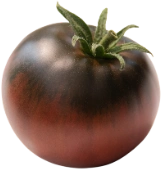
Cherokee Purple
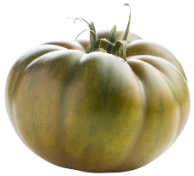
Brandywine
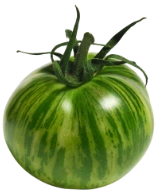
Green Zebra
Heirloom Tomatoes: Rich in flavor and diverse in colors, heirloom tomatoes like Cherokee Purple, Brandywine, and Green Zebra captivate customers with their old-world charm and extraordinary taste.
Baby Vegetables: Harvested at a young stage, baby vegetables, such as carrots, beets, and zucchini, are miniature but boast intensified flavors and tender textures. They are ideal for gourmet preparations and upscale dining establishments.
Overall Cost and Price Estimates
The cost of farming specialty vegetables varies based on factors like land prices, seed expenses, irrigation systems, fertilizers, labor costs, and packaging materials.
It’s critical that you conduct thorough market research to determine the demand and pricing for specialty vegetables in your area.
Specialty vegetables generally command higher prices compared to conventional produce due to their uniqueness, quality, and limited availability.
Getting Started
Identify Your Niche: Research local markets, restaurants, and consumer preferences to identify niche vegetables in demand. Assess your growing conditions and expertise to determine the most suitable crops for your farm.
Seed Selection: Source high-quality seeds from reputable suppliers, or consider saving seeds from successful harvests to preserve heirloom varieties and reduce costs.
Cultivation Techniques: Pay meticulous attention to soil preparation, crop rotation, and pest management. Some specialty vegetables may require specific growing conditions, such as greenhouse cultivation or trellising for vertical growth.
Harvesting and Post-Harvest Handling: Master the art of timing for optimal flavor and appearance. Handle harvested vegetables with care to maintain their freshness and quality.-
Best Practices for Selling and Marketing

Establish Direct Relationships: Forge connections with local restaurants, chefs, farmers’ markets, and specialty food stores to create a direct market for your produce. Develop personal relationships and collaborate on menu planning and product promotions.
Online Presence: Create a website or utilize social media platforms to showcase your specialty vegetables, share recipes, and engage with customers. Online platforms provide an opportunity to reach a wider audience and receive direct feedback.
Packaging and Branding: Invest in attractive, eco-friendly packaging that reflects the unique nature of your specialty vegetables. Consider creating a distinctive brand identity that communicates the story and values behind your farm.
Collaborations and Events: Participate in culinary events, farm-to-table dinners, and local food festivals to raise awareness and generate interest in your specialty vegetables. Collaborate with chefs, food bloggers, and influencers to expand your reach.
More To Discover
- How to Attract Bats to Your Backyard So They Work Hard for You
- Brew Better Tasting Beer by Growing Your Own Distinct Hops In Containers and Beat Big Brands as Your Own Supply Chain
- 13 Most Beneficial Insects You Need in Your Garden and How to Attract Them
- The Buzz of Bee Farming: Harnessing Nature’s Bounty of Wax and Honey
In conclusion…
Farming specialty vegetables offers a rewarding journey into the world of unique flavors, vibrant colors, and culinary delights. By selecting the best niche vegetables, understanding the costs involved, implementing effective marketing strategies, and cultivating strong relationships with the culinary community, farmers can carve a niche for themselves in this thriving market.
Embrace the opportunity to tantalize taste buds and offer customers an extraordinary culinary experience through your boutique specialty vegetables.
Remember, every seed planted holds the potential for extraordinary flavors!










